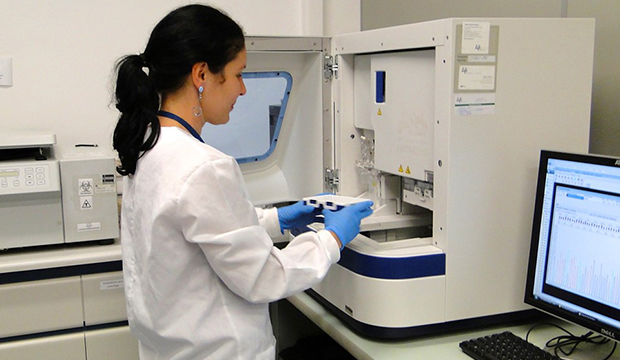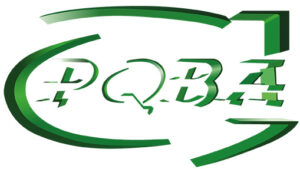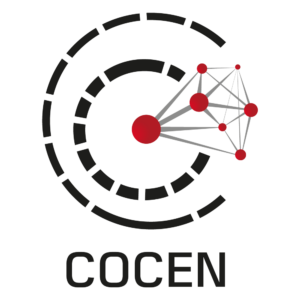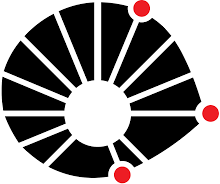DRM
MICROBIAL RESOURCES DIVISION



The Microbial Resources Division (DRM) develops research and offers specialized services in microbiology to meet the demands of academia and industry. DRM houses the Brazilian Collection of Environmental and Industrial Microorganisms (CBMAI) in its facilities, whose activities are more specifically focused on the storage and distribution of microorganisms and associated information. Since January 2020, DRM/CBMAI has been accredited (CRL 1478) by the General Accreditation Coordination of INMETRO, offering tests accredited to the ABNT NBR ISO/IEC 17025 standard. Its team is composed of qualified professionals in microbiology, systematics, genomics, metagenomics, and microbial ecology, which develop research projects in partnership with groups and institutions in the country and abroad and advisors to master, doctoral and post-doctoral students linked to the post-graduate programs in Genetics and Molecular Biology and in Biosciences and Technology of Bioactive Products at UNICAMP. DRM also offers courses and training in its areas of expertise, including handling, preservation, characterization, and identification of microorganisms, as well as structuring and managing microbiological collections.
LINES OF RESEARCH
- Fungi and bacterial taxonomy;
- Description of new species of microorganisms;
- Investigation of the diversity and functioning of microbial communities;
- Petroleum biodegradation;
- Prospection of genetic and metabolic diversity to obtain products with biotechnological potential.
ON-DEMAND SEARCH
- Identification of bacteria and fungi by polyphasic taxonomy;
- Characterization of microbial communities in mixed samples;
- Molecular typing of microorganisms;
- Isolation and counting of microorganisms;
- Deposit and distribution of microorganisms;
- Training and advice, including handling, preserving, characterizing, and identifying microorganisms and structuring and managing microbiological collections.
LINES OF RESEARCH
ON-DEMAND SEARCH
- Fungi and bacterial taxonomy;
- Description of new species of microorganisms;
- Investigation of the diversity and functioning of microbial communities;
- Petroleum biodegradation;
- Prospection of genetic and metabolic diversity to obtain products with biotechnological potential.
- Identification of bacteria and fungi by polyphasic taxonomy;
- Characterization of microbial communities in mixed samples;
- Molecular typing of microorganisms;
- Isolation and counting of microorganisms;
- Deposit and distribution of microorganisms;
- Training and advice, including handling, preserving, characterizing, and identifying microorganisms and structuring and managing microbiological collections.
RESEARCHERS

TECHNICAL SUPPORT








